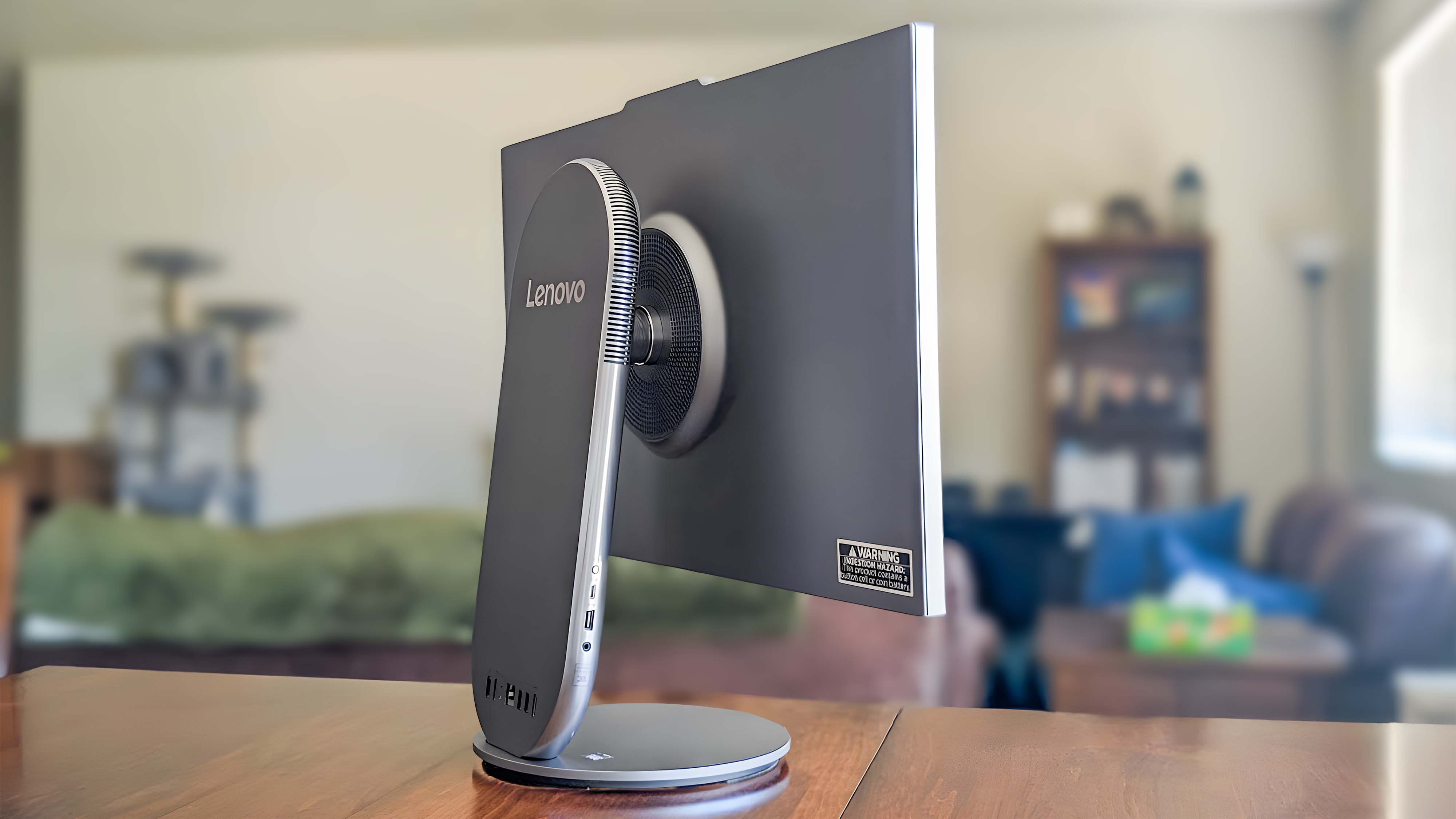Microsoft — not Apple — is redefining the modern PC
I recently read an interesting article by respected writer and analyst Walt Mossberg, who said the PC is being redefined. I agree. But ...
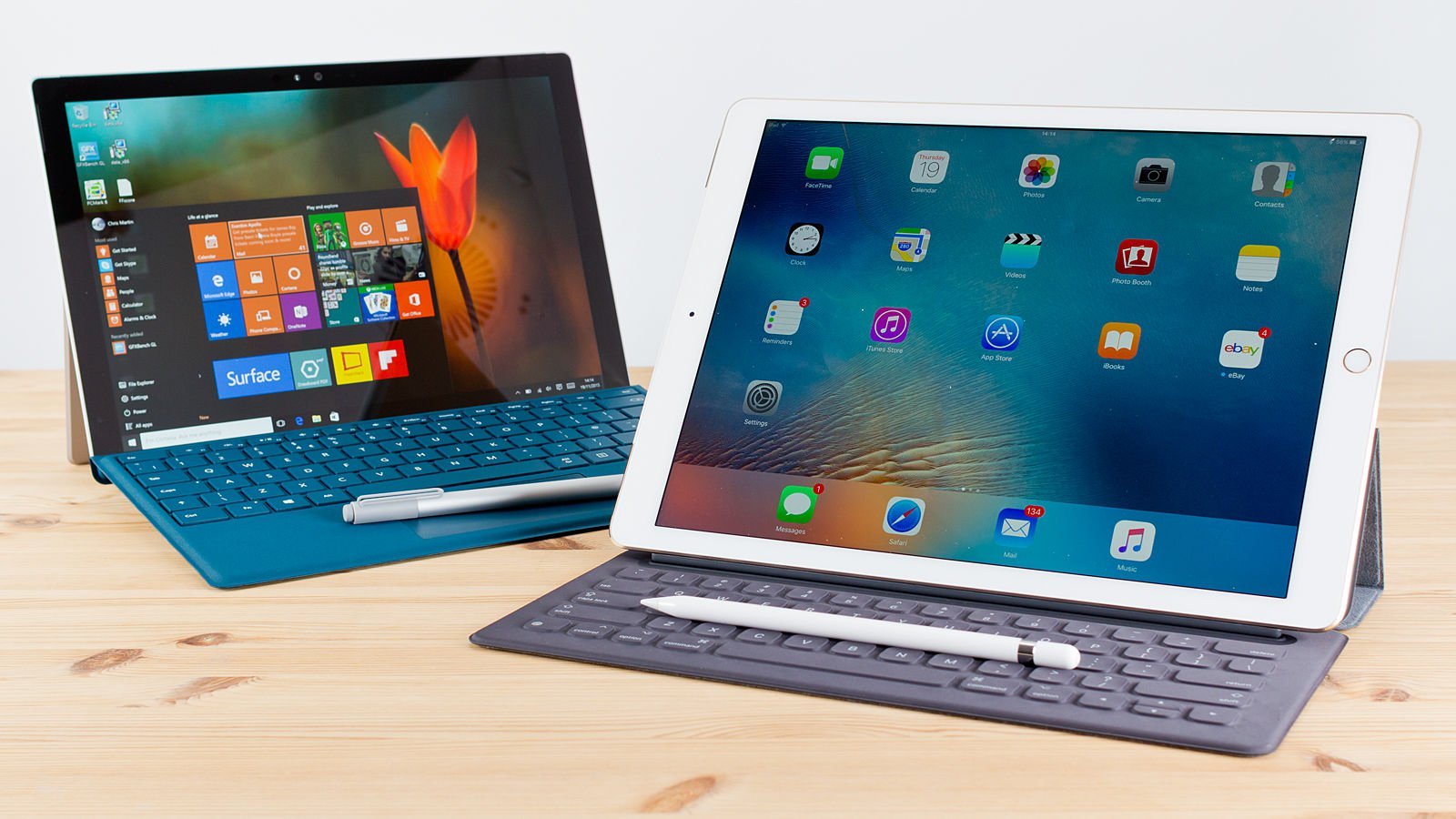
All the latest news, reviews, and guides for Windows and Xbox diehards.
You are now subscribed
Your newsletter sign-up was successful
I've described the evolving personal computing landscape in the past. To communicate an accurate picture of the modern personal computing environment and the influencing factors that have shaped it, I've acknowledged that it's impossible to ignore the impact of the iPhone.
Though smartphones existed before the iPhone, those business-focused devices were not relevant to the masses. The iPhone, with its "massive" touch screen merged the iPod, a phone and an internet device, and redefined the smartphone. Consumers loved it as much as they loved the popular iPod that primed them for a pocketable consumer-focused smartphone from Apple.
Eventually, the iPhone and the "there's-an-app-for-that" model, which made it a veritable "swiss-army mobile computing device," evolved into much more than the phone-iPod-internet device introduced by former Apple CEO Steve Jobs in 2007.
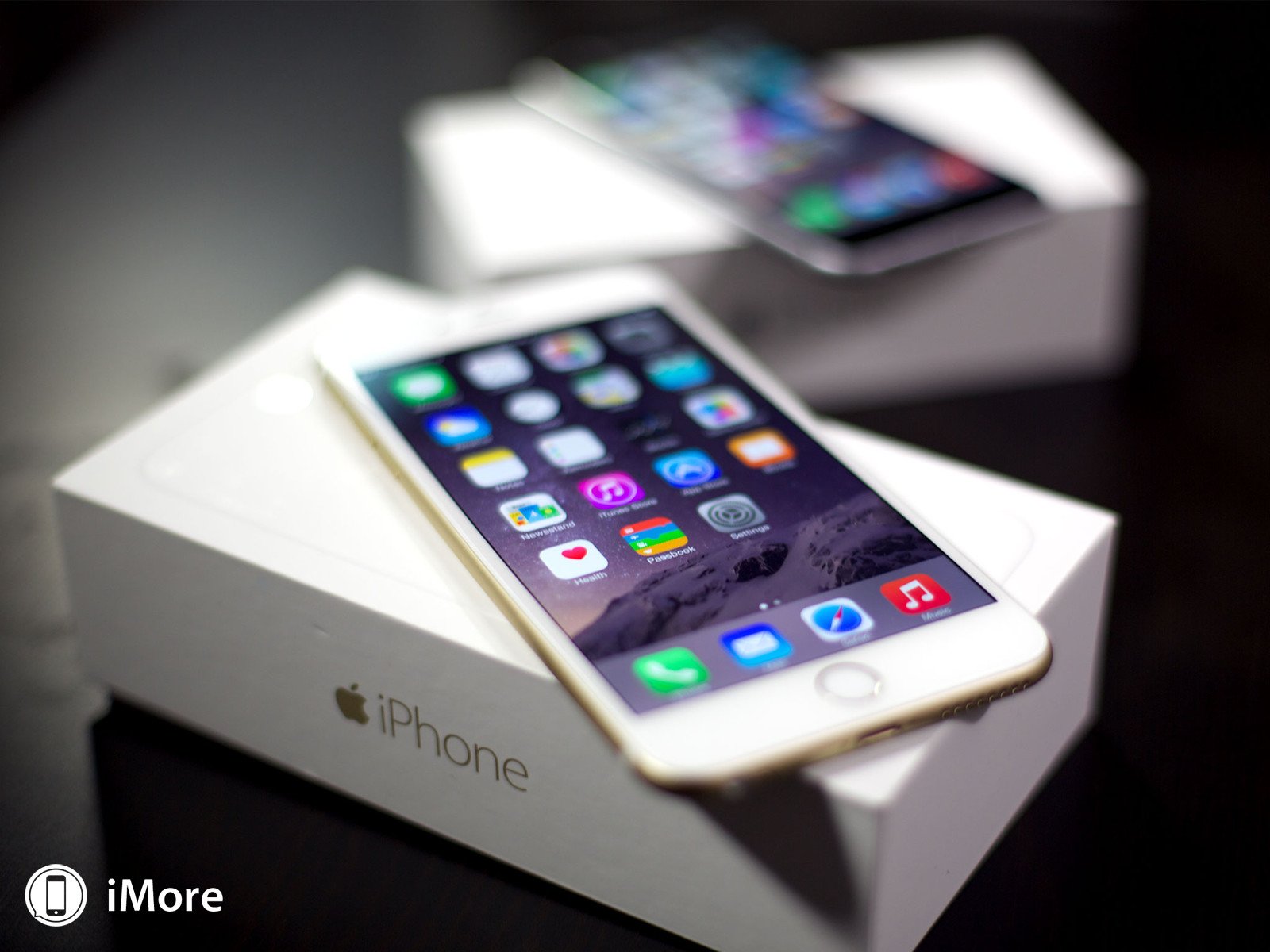
In time, Apple's introduction of the iPhone had a profound effect on the personal computing landscape. The iPhone, Android phones and to a lesser extent Windows phones — all with their supporting app ecosystems, integrated services, always-connected nature and pocketability — supplanted the traditional PC as the most used personal computers. Yes, smartphones are personal computing devices.
Microsoft, not Apple, is more instrumental to the evolution of the PC.
I agree with Mossberg that the mobile computing environment and ecosystems that shape personal computing today are influencers on what the PC will ultimately be. However, I disagree with his assessment that a significant shift to the new type of ARM-based PC that runs mobile apps will be determined by Apple.
Millions of consumers already buy laptops that use "mobile apps"
Microsoft's Universal Windows Platform (UWP) and Windows 10 laptops and 2-in-1s have already begun the process of bringing consumers to a laptop form factor that runs mobile apps, as well as traditional apps. This computing environment will be brought to ARM processors, as ARM-based Windows 10 PCs begin rolling out in several months. The change to an ARM-based system will be largely transparent to users.
What won't be transparent are the advantages of ARM-based cellular Windows 10 PCs. Among other advantages, consumers will reap the benefits of lower costs, and lighter, fan-less and more power-efficient Windows 10 PCs.
All the latest news, reviews, and guides for Windows and Xbox diehards.
Mossberg said the following of a shift to ARM in relation to this problem:
But the signs of a shift to ARM only set the stage for a bigger development: The migration of the most important modern software platforms, Android and iOS, to laptops and other traditional hardware that once defined the old kind of PC.... I believe it won't matter much until Apple builds an ARM-based laptop running iOS. Here's why.Microsoft ... does have a modern breed of multi-touch apps that work properly on a tablet or clamshell screen, and some are included on every Windows tablet and laptop. Unfortunately, partly because Microsoft has no smartphone business to speak of, it also lacks a critical mass of these new-style apps and, even on its tablets, relies instead on classic Windows apps.Apple, by contrast, boasts 1.3 million tablet-optimized apps for the iPad, and these could presumably easily run on a small laptop with a built-in keyboard and touchscreen. This is more than a small advantage; it's the reason people might buy this type of device instead of a traditional laptop.
I agree with the general assessments Mossberg puts forth. I also see the value in his conclusion that Apple, because of its vast and appealing app ecosystem, occupies an influential position. Consumer love for iOS apps may be a sufficient motivating factor for the masses to consciously and deliberately choose to use a laptop running those same mobile apps. That's if Apple can deliver a good mouse-and-keyboard productivity experience.
Can Apple generate interest in a laptop that runs only mobile apps?
I put forth a similar analysis in relation to Google's position if it ever decided to merge Chrome and Android. Google's 80 percent dominance of the mobile market would be a real threat to Microsoft's 90 percent dominance in PCs if Google brought a viable desktop experience to a desktop environment.
Microsoft already invented the universal app 'wheel' Apple needs
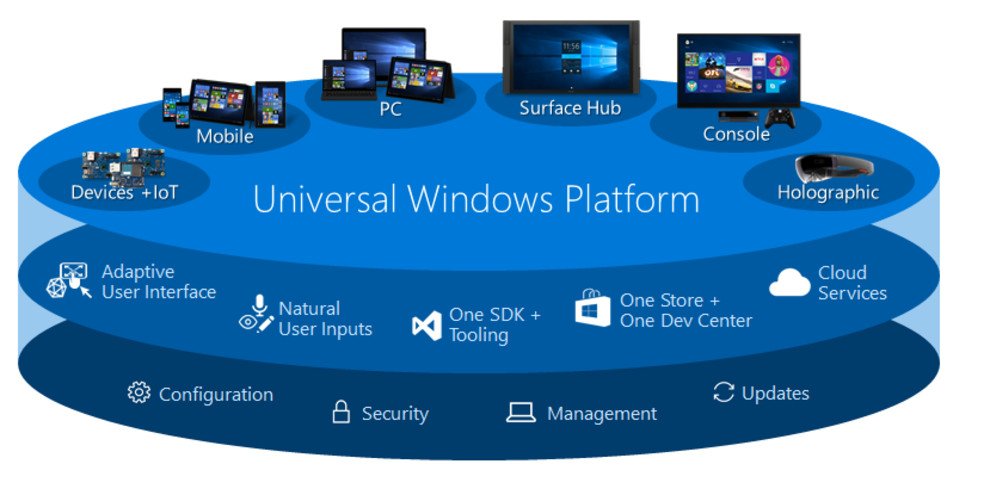
iOS apps are optimized for a slate consumption-based experience, not a peripheral-enhanced productivity setting. Mossberg stated the following in relation to this problem:
The definition of a PC, a personal computer, is already undergoing a profound change. A great laptop running the new kinds of user interfaces and apps that people now love on phones and tablets would be a big, exciting event that would help seal the deal. But there hasn't yet been a product that emphatically suggests the era of the traditional PC is fading. And it feels like an opportunity only Apple can seize.
Microsoft's Windows 10 and Universal Platform with Continuum are driving the evolution of the PC while also keeping the traditional PC around. Rather than just a clamshell laptop that runs mobile apps, which is Mossberg's vision for an evolved PC, Microsoft's strategy is more comprehensive.
Microsoft's PC vision is more comprehensive than mobile apps on a laptop.
Redmond saw the coming shift and created a device form factor with the Surface, a context-sensitive OS in Windows 10 and a Universal Platform that provides a common core for all device types and app development.

The research firm IDC said the following, confirming the success and adoption of Windows laptops and 2-in-1s in a recent report:
Consumers are just starting to graduate from old, consumption-based, slate tablets to a more productive detachable tablet. At the same time, the benefits of having a thin, touch-sensitive, productivity-based machine is [sic] shining light on the traditional PC category, causing vendors and consumers to focus on more premium devices in the Convertible and Ultraslim space.As the tablet market works through the challenges of a maturing user base, the notebook ecosystem has seen success in assimilating a more mobile experience to the form factor while retaining its inherent superiority in the content creation arena, which remains critical for commercial buyers. Absent major external forces, IDC believes the notebook and traditional PC market overall will see relatively stable volumes with some growth in more mobile designs offset by declines in less mobile products.
As we watch the unfolding of Microsoft's strategy with the industry's embrace of 2-in-1s, Windows 10 laptops and PCs and Windows Mixed Reality (formerly Windows Holographic), Microsoft's impact on the evolution of the PC, in all of its forms, obviously exceeds Apple's.
Technologically, Microsoft is where Mossberg hopes Apple will get
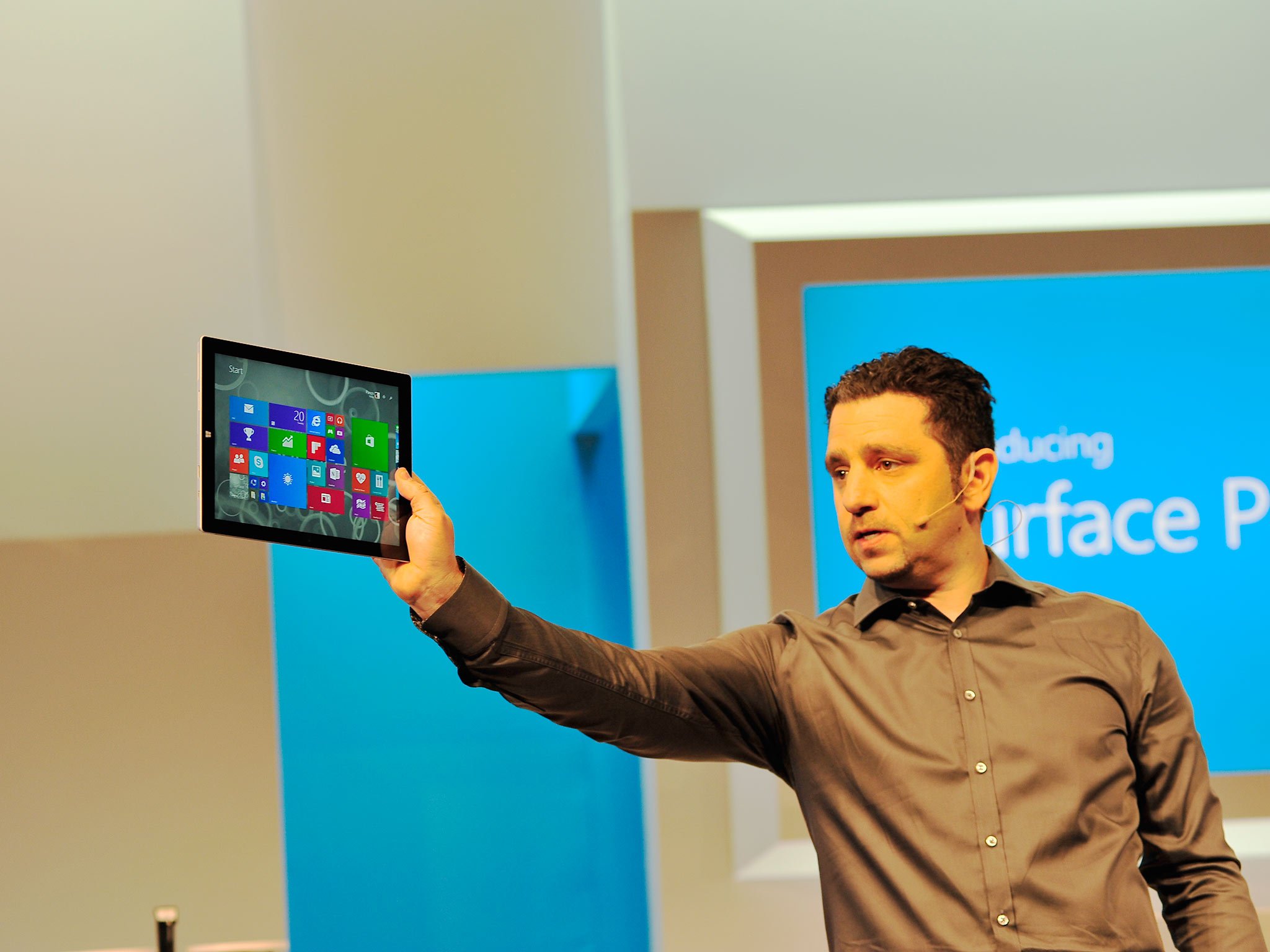
Mossberg states, "Apple … boasts 1.3 million tablet-optimized apps for the iPad, and these could presumably easily run on a small laptop with a built-in keyboard and touchscreen." He supplies the caveat "presumably" in acknowledgment of his (and all of our) uncertainty as to the viability of iOS apps running on a small laptop with a built-in keyboard (and mouse).
iOS apps are not yet optimized for a laptop environment.
By contrast, we know with full certainty that Microsoft's unique UWP allows Windows Store apps to run on phones, laptops, 2-in-1s, HoloLens, Xbox, desktop PCs and any as yet to be created Windows devices. Most Windows 10 devices also run Win32 apps in conjunction with Store apps, and Windows 10 on ARM may bring that ability to phones.
What Mossberg speculates would be a technological advancement for the Apple ecosystem already exists in far greater depth and breadth as part of Microsoft's UWP. Mossberg's vision of an evolved PC is a laptop with iOS apps and only iOS apps.
Microsoft's personal computer vision is far broader than that.
Windows 10 is key to the modern PC
Though Windows 10 is only running on 400 million devices, Windows is a desktop and mobile platform. In less than two years, though far below it's one billion devices target, 400 million devices is impressive. iOS and Android have had roughly a decade to reach the billion mark those OSes achieved.
Windows 10 is an evolution of the OS that embraces mobile computing.
Some may argue that Windows 10 is merely an upgrade to the Windows OS that has a billion installed base. It is actually more of an evolution toward a new type of OS that retains the legacy strengths of the traditional desktop while adopting the necessary attributes of the modern, mobile personal computing environment. Universal Windows Apps, along with the coming full Windows on ARM and CShell on all types of mobile devices, help us visualize this reality.
When viewing it from that proper perspective, the unique unified desktop and mobile OS that is Windows 10 has already begun to achieve in a very real way what Mossberg anticipates will be achieved with Android and iOS: bringing a relevant "mobile" OS to a desktop clamshell form factor.
The market is buying, but may not "buy into" Microsoft's vision
The PC's transformation, based on Windows 10 2-in-1s and even laptops, has already been accepted in the market by OEMs and consumers. Mossberg's vision awaits a move from Apple to create wide acceptance for what the success of Windows 2-in-1s is already achieving: market-wide acceptance of a laptop (or 2-in-1) OS that runs mobile apps. The Windows Store on a Windows 10 desktop has thousands of universal apps that work across various form factors, including mobile.
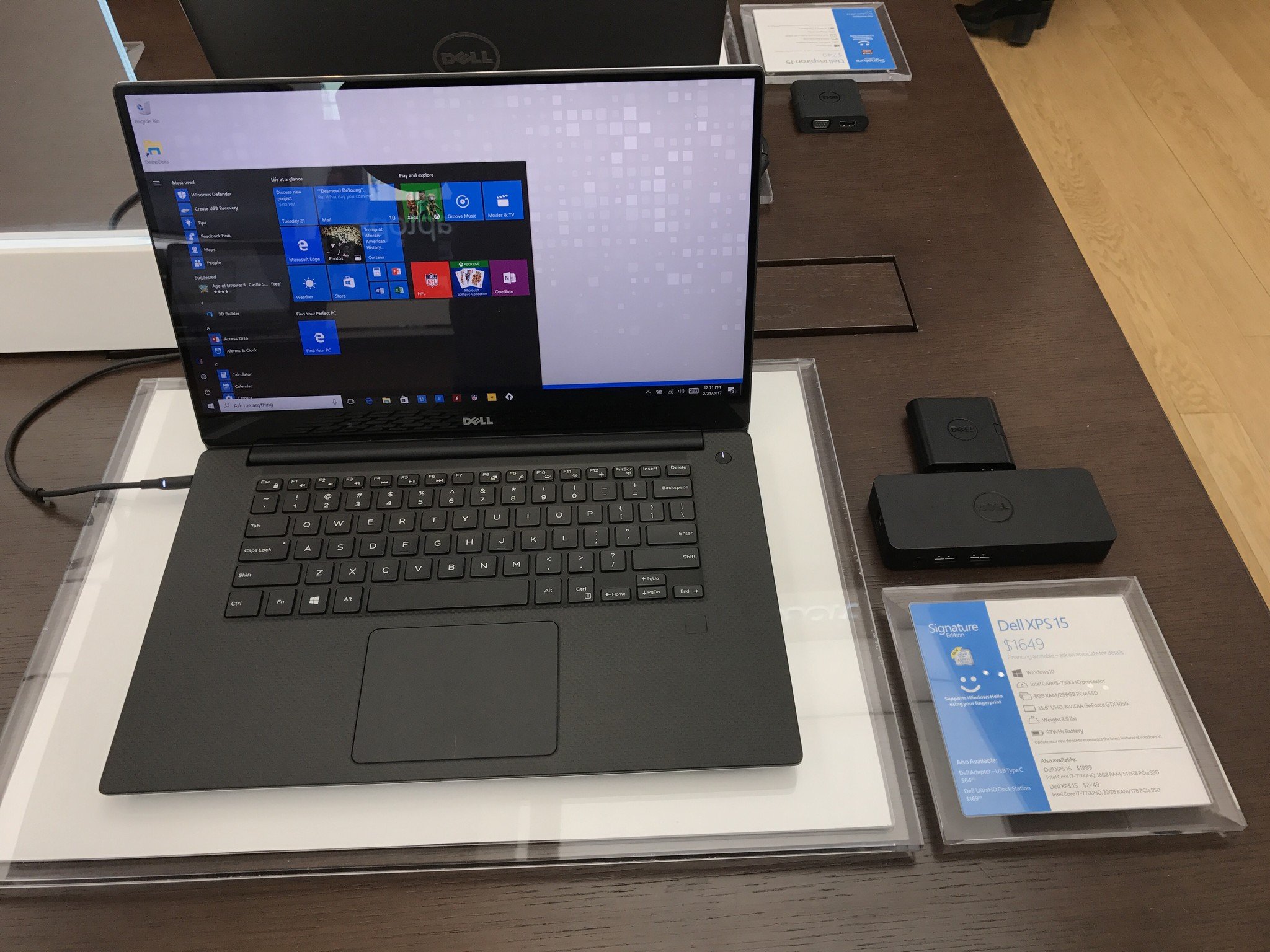
I concede that the success of the Windows Store is not on par with Microsoft's goals. Moreover, the implementation of a Windows-based smartphone has not met commercial success. Consequently, though there are thousands of universal apps that are compatible beyond the mobility of a laptop or 2-in-1 form factor, and that work on a phone, the number is dwarfed by the number of iOS apps in the App Store.
So yes, the popularity of iOS apps, if somehow made to work as efficiently in a mouse-and-keyboard laptop form factor, would produce more of a "conscious" decision by consumers to seek out or inquire about such a device. These consumers may be motivated by a desire to use the mobile apps they're familiar with from their iPhones, on a laptop-like device.
PC consumers are likely not motivated by an opportunity to experience Store apps.
By contrast, the universal apps that are part of Microsoft's proliferating "evolving PC" vision and that are also available to users who buy Windows 10 2-in-1s and laptops are in many cases likely just "along for the ride." Candidly speaking, these user purchases are likely less motivated by the opportunity to experience universal apps and their benefits than by the productivity legacy of Window PCs, even as manifest in modern touch-enabled laptops and 2-in-1s.
The Windows Store's underperformance is likely one of the motivating factors in Microsoft's increasingly aggressive advertising efforts in Windows 10. It needs to get users that have embraced the new OS and evolving PC form-factors to also embrace the ecosystem that they exist within. Apple, with the popularity of iOS apps, but the lack of a truly universal platform akin to the UWP, and the efficient productivity environment that Windows 10 PCs bring mobile apps, would have the exact opposite challenge.
Microsoft's impact on PC evolution is both deep and broad
Ultimately, I agree with Mossberg's conclusion from a consumer perspective. That is, if Microsoft cannot draw developers and consumers to its modern app ecosystem, Apple may be more successful in drawing consumer "attention" to the concept of a mobile-app-focused laptop. That's if Apple invests in and successfully creates an iOS-based laptop, which the famously secretive company has made no indication of doing.
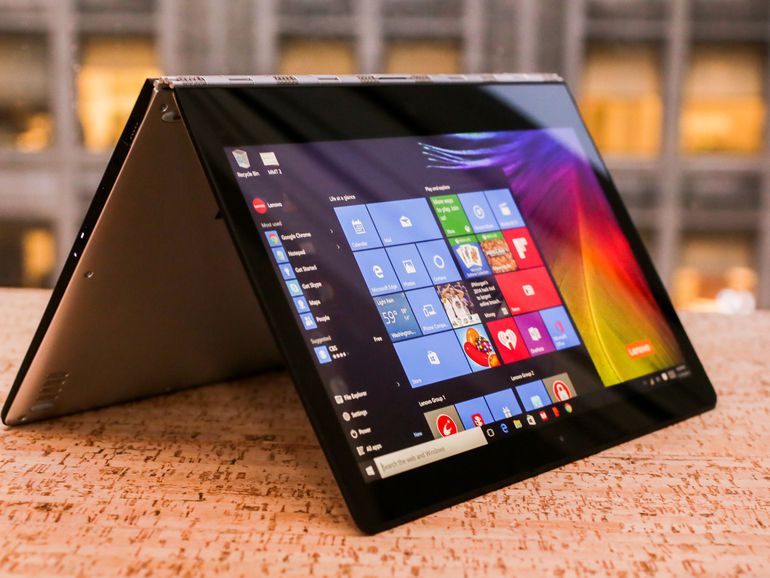
I do, however, believe that Mossberg may be underestimating the industry impact Microsoft's Windows 10 and UWP has had, and is currently having, on the evolution of the PC, in the form of touch-sensitive laptops, 2-in-1s and other devices like HoloLens that run universal apps.
Mossberg may be underestimating Microsoft's impact on the PC's evolution.
OEM's, consumers, businesses, and various industries have greatly embraced these "modern," evolved PCs.
As Microsoft's partners begin bringing ARM-based cellular PCs to market in several months, that impact will be even more evident than it is now. In truth, Apple's mimicry of the Surface with the iPad Pro is indicative of its reactive, or follower's role, in the PC's evolution.
The evolution is well underway. Microsoft is driving it, and its plan goes even further than Mossberg's vision of mobile apps on a laptop form factor.
Related reading:

Jason L Ward is a Former Columnist at Windows Central. He provided a unique big picture analysis of the complex world of Microsoft. Jason takes the small clues and gives you an insightful big picture perspective through storytelling that you won't find *anywhere* else. Seriously, this dude thinks outside the box. Follow him on Twitter at @JLTechWord. He's doing the "write" thing!
